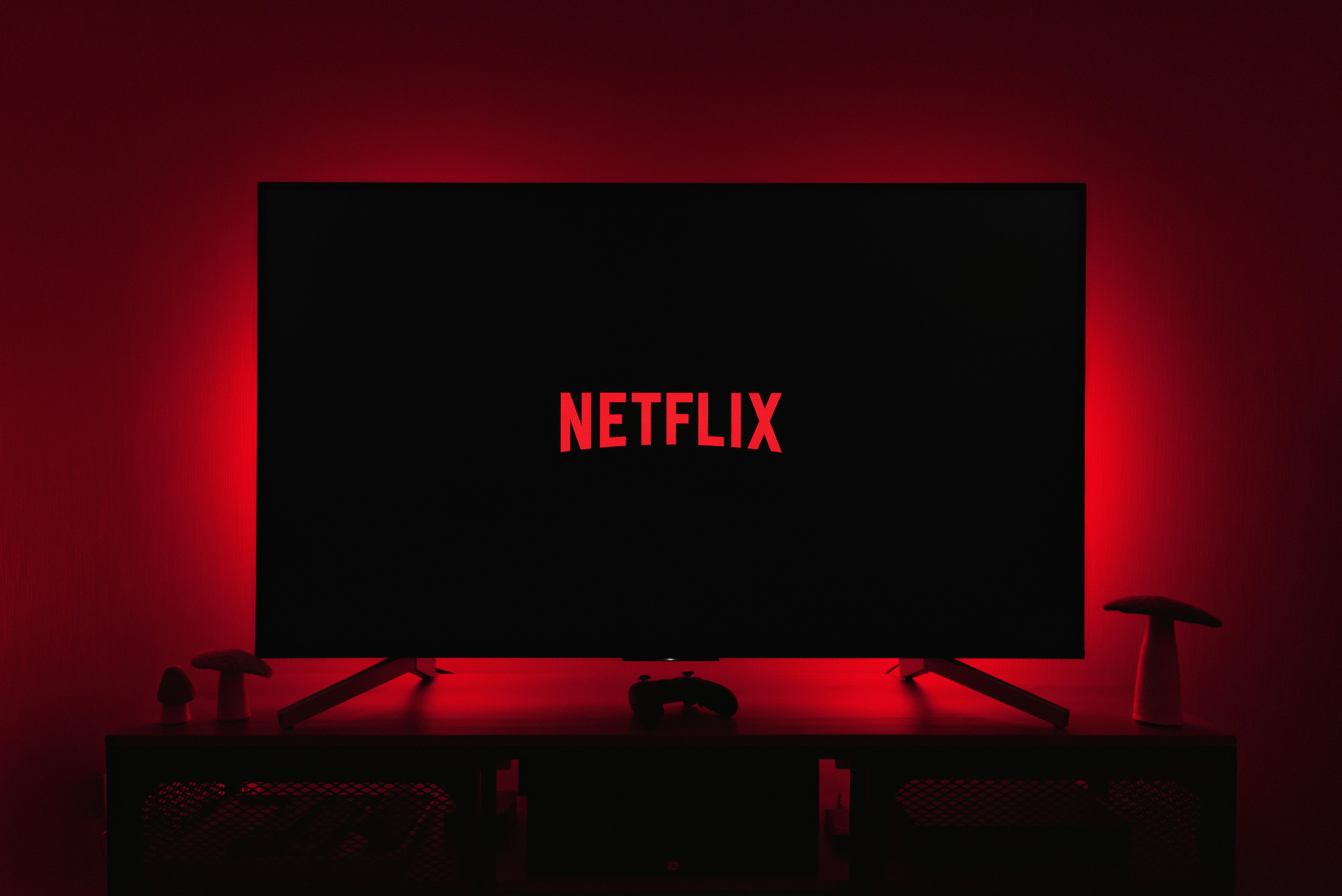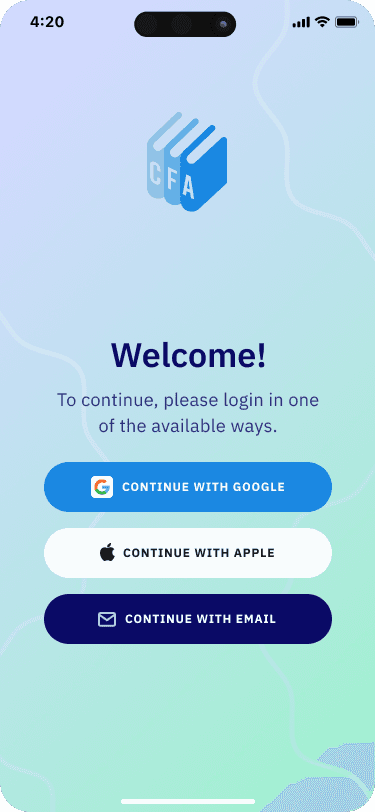In a world obsessed with content consumption, we've forgotten how to think.
The average knowledge worker spends 6.5 hours daily consuming information.
Yet, when faced with real-world challenges, many freeze – unable to synthesize and apply what they've "learned."
This isn't just a problem in finance.
It's a crisis of modern cognition that's crippling professionals across every industry.
The gap between passive consumption and active synthesis isn't just philosophical – it's neurological. And it's costing us our intellectual edge.
THE $10 MILLION WAKE-UP CALL
Picture yourself at your desk on a Monday morning. Your boss drops a bomb: Bring 3 ideas to allocate $10 million in three hours.
No guidelines. No safety net. Just you, your mind, and the market.
This scenario isn't hypothetical – it's the daily reality for thousands of finance professionals.
Yet our educational system continues to churn out "Netflix Mode" thinkers in an "Analyst Mode" world.
I discovered this disconnect personally while being a CFA candidate, passing the exams and working on the job.
I was brilliant at reciting formulas, but completely unraveled when asked to value an unusual acquisition target. I had the knowledge but lacked the neural pathways for real-time synthesis.
THE NEUROSCIENCE OF KNOWLEDGE VS. WISDOM
Dr. Barbara Oakley's research on learning reveals a crucial distinction: passive learning activates fundamentally different brain regions than active problem-solving.
Think of it like this:
Netflix Mode = Watching someone play tennis
Analyst Mode = Actually playing tennis
You can't become a tennis player by watching Wimbledon.
THE PASSIVE LEARNING EPIDEMIC
Our current educational paradigm is built on three dangerous assumptions:
Information consumption equals understanding
Comfort while learning indicates effectiveness
Knowledge naturally transforms into capability
Psychologist Anders Ericsson's research on expertise development shows why these assumptions fail. Real learning requires what he calls "deliberate practice" – structured, challenging engagement with material.
THE LTAR FRAMEWORK FOR CFA LEVEL 1 EXAM : BREAKING THE CONSUMPTION CYCLE
The Learn-Test-Analyze-Revise (LTAR) Framework transforms passive consumers into active analysts:
LEARN
Limited initial exposure to concepts
Focus on principles over details
Active questioning over passive acceptance
TEST:
Solve challenging problems
Real-world problem solving
Time-constrained challenges
ANALYZE:
Strategic review of process
No-reference synthesis
Find cross-disciplinary applications
REVISE:
Challenge assumptions
Identification of thought patterns
Metacognitive development
PSYCHOLOGICAL BARRIERS TO ANALYTICAL THINKING
The shift from passive to active learning encounters several cognitive obstacles:
Illusion of Competence
Mistaking familiarity for mastery
Overconfidence in theoretical knowledge
Complexity Avoidance
Preference for comfortable confusion
Resistance to intellectual struggle
False Progress Metrics
Valuing hours studied over problems solved
Prioritizing content coverage over comprehension
THE META-LEARNING REVOLUTION
This isn't just about better study habits. It's about rewiring how we process and interact with information.
Nobel laureate Daniel Kahneman's research on thinking systems provides a framework:
System 1: Fast, intuitive, passive
System 2: Slow, analytical, active
The goal isn't to abandon System 1 but to strengthen System 2.
THE DECISION POINT
You're standing at an intellectual crossroads:
Path A: Continue consuming content, building a library of unintegrated knowledge
Path B: Develop true analytical capabilities through active engagement
The choice seems obvious, but the execution requires courage.
Ask yourself:
Am I learning or just consuming?
Can I synthesize under pressure?
Do I truly understand, or can I merely repeat?
NEXT STEPS: THE CFA LEVEL 1 EXAM CHALLENGE
Audit your learning activities
Track passive vs. active engagement
Measure synthesis opportunities
Implement daily synthesis exercises
Create real-world scenarios
Practice time-constrained analysis
Build accountability systems
Find an analytical thinking partner
Document your cognitive shifts
The question isn't whether you can afford to make this shift – it's whether you can afford not to.
P.S. Every day you spend in Netflix Mode is a day of potential analytical growth lost.
The market rewards synthesis over consumption.
Your competition is already making this shift.
Are you?


